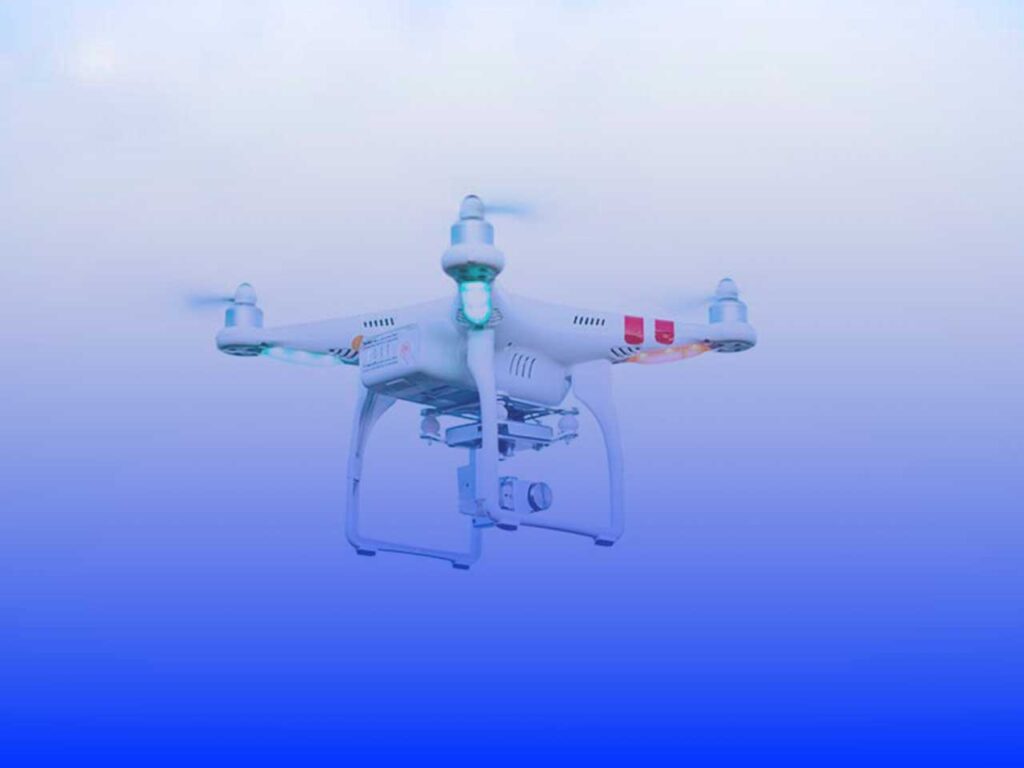On December 28th, 2022, at the end of the year and management that ended, the Instituto Nacional da Propriedade Intelectual – INPI (BRPTO) held a meeting with the Presidency of the INPI and its directors and/or substitutes.
The outgoing BRPTO ‘s Board of Directors left a legacy to the country that had long been discussed by intellectual property specialists and entities such as the Licensing Executive Society (LES) Brazil and the International Chamber of Commerce – ICC-Brazil.
It deliberated on issues related to Technology Contracts adopting decisions that will finally facilitate and broaden the horizons of those who believe and invest in science and are dedicated to its negotiations, expanding the opportunities for commercialization of industrial and intellectual property rights, leveraging the innovation process in Brazil.
Therefore, what changes:
1- In cases involving the use of digital signatures, consular apostille/legalization will no longer be required. In all other cases, the need for consular apostille/legalization remains.
2- Electronic petitions referring to all acts performed by the applicant of the registration or registration must contain a specific field in which the attorney-in-fact must declare to be responsible for the veracity of the information provided and of the documents attached, as it already occurs in the Trademark and Patent Board.
3- There is no longer any requirement to include two witnesses in technology contracts, since article 784, III of the Brazilian Code of Civil Procedure does not apply to these cases, only to extrajudicial enforcement instruments. The inclusion of two witnesses in private contracts is optional for the parties, not mandatory.
4- There is no longer the requirement of presenting the statute, articles of association, or constitutive act of the legal entity and last amendment on the consolidated corporate object and legal representation of the legal entity of the transferee company, franchisee, or licensee, domiciled or resident in Brazil.
5- There will be an unequivocal acceptance of the licensing of non-patented technology – also known as know-how licensing. Noting that Opinion n°00031/2021/CGPI/PFE-INPI/PGF/AGU, of the BRPTO ‘s Specialized Federal Attorney’s Office (Process Sei 52402.010009/2020-51), admits the possibility of licensing non-patented technology, an atypical contract, with the legal provision in article 425 of the Brazilian Civil Code and which fulfills the conditions and requirements outlined in article 104 of the same law.
6- Royalty payments in contracts related to patent applications, industrial designs, and trademarks are established by inter-party agreements. They will not be hindered by the BRPTO making payments agreed upon between the contracting parties unfeasible.
Given the decisions adopted above, which were immediately implemented, Brazil is moving towards evolution.
ClarkeModet Brazil has qualified professionals, who specialized in Intellectual and Industrial Property, as well as experts in Technology Contracts, being thus at your disposal for further information and advice in the area.

